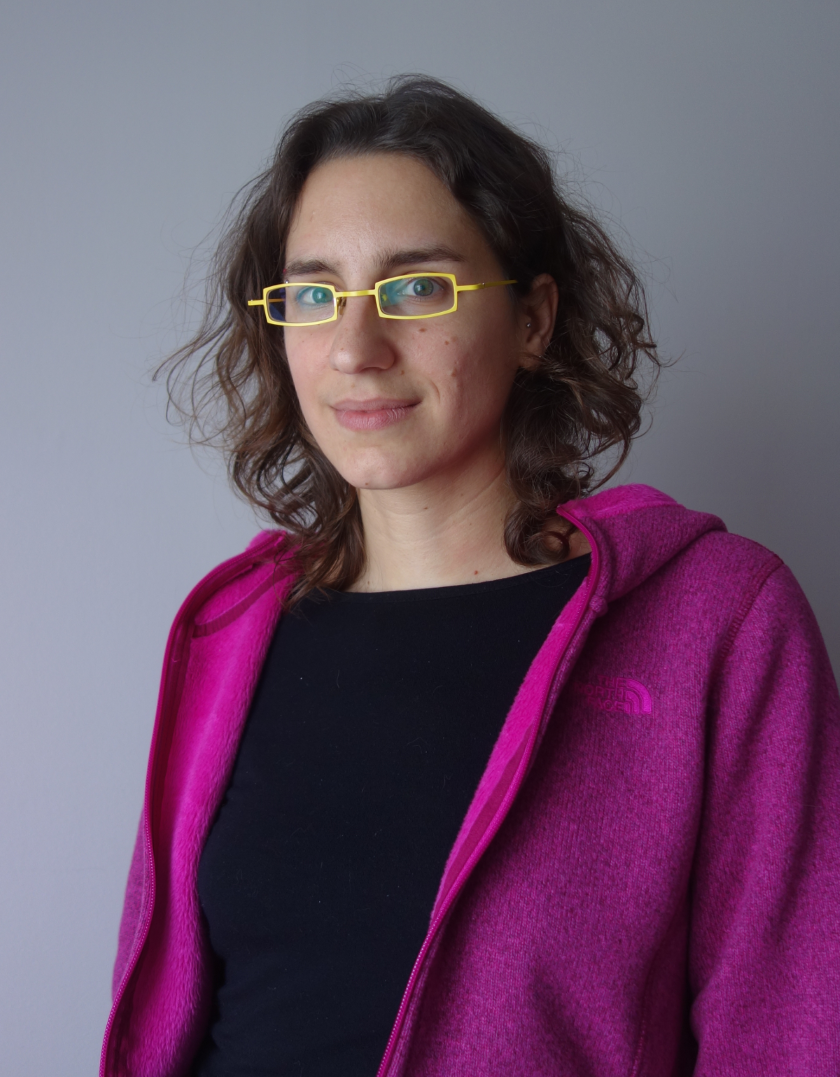
Country: France
Delphine Rocklin is an early career researcher, working in marine ecology and fisheries sciences. She is interested in the quantification and typology of fisheries, the impact of management measures on fisheries, and ecological processes such as resource connectivity through larval dispersal. She holds two masters degrees, one in tropical environmental biodiversity from the University of the French West Indies, and the second one in fisheries science from Agrocampus. During her study of SSF in New-Caledonia (IRD, CoRéUs) she interviewed fisherwomen in order to evaluate the subsistence mud crab tribal fishery. As part of her other research, she quantified the artisanal local fishery using ‘landings’ monitoring in Corsica - Mediterranean Sea (University of Montpellier, Ifremer, OEC) and evaluated the North-east Atlantic sea bass recreational fishing (Ifremer). She also studied fish connectivity in Spain (University of Murcia, Marie-Curie IEF) and in France (University ULCO, Boulogne-sur-Mer).
What are you currently working on within the context of SSF?
DR: I’ve recently started working with TBTI as a postdoctoral fellow, which is a one-year position. I am responsible for the knowledge integration and synthesis of information collected through the Information System on Small-Scale Fisheries (ISSF). ISSF contains a large amount of data on SSF, which was voluntarily contributed by scientists, fishers, non-profit organizations and others from all over the world. At this time, ISSF contains nearly 120 SSF Profiles and 1350 SSF publications. There are also 425 ‘Who's who’ profiles, created by those who are, in one way or another, involved with SSF. I will also be in charge of producing editions of ‘SSF of the world', which is a new TBTI publication series that will provide a systematic overview of the data collected through ISSF.
If you could single out one or two most significant factors for securing sustainability of SSF, what would these factors be?
DR: I would say that to secure sustainability of SSF, it is crucial to evaluate and understand how important they are, from an economic, social and food security point-of-view. There is now a real need to recognize SSF as an independent activity, and not as a parallel activity to the relatively well-known large-scale fisheries (LSF). To reach an equivalent level of knowledge of SSF as we have of LSF, strong efforts have to be made by governments, scientists, and fishers, through firm cooperative, participative and responsible actions.















